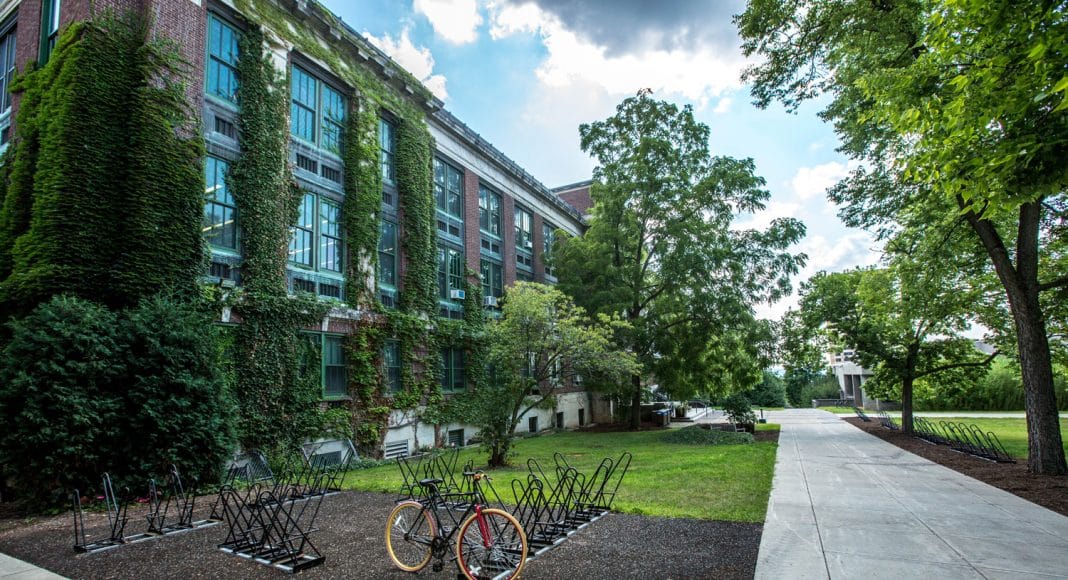The discrepancy between federal and state laws has created a quagmire of problems for college students.
In states that have legalized recreational or medical marijuana, a gray area exists. Federal law still qualifies cannabis as an illegal Schedule I drug, which means marijuana is highly prone to abuse and has no accepted medical usage. To protect the rights of citizens in places like California or Colorado, Sens. Elizabeth Warren and Corey Gardner proposed the STATES Act, which would recognize marijuana legalization in states and prohibit federal persecution.
But the STATES Act remains stalled in Congress, despite Donald Trump saying he’d likely support the bill. As a result, the gray area between federal and state marijuana laws remains. All of which has led to a wake of confusion and outcry to how policies are being enforced, according to the Associated Press.
College campuses have long struggled in its responses to legal marijuana. Oklahoma universities announced medical marijuana was banned on its campuses after it was legalized in the state. Because state universities receive federal grants to fund their programs and research, many universities believe they must follow federal law to keep that money. This has caused students at Oklahoma a litany of problems, as they can’t access their medicine if they stay on campus all day for classes.
RELATED: Youths Smoke Less Weed, Adults Smoke More Following Marijuana Legalization
Those students, however, can find workarounds to treat their medical conditions. For example, Oklahoma City Public Schools allow a primary caregiver to come on campus and deliver the medicine in a closed room, so long as no one at the school, including nurses, handles the medicine.

University students pursuing degrees in nursing or other medical professions don’t have that luxury. Many school policies dictate these students undergo drug testing. Students that have received approval from health professionals at their colleges to use medical marijuana receive a different message later on. Once those tests come back positive, higher-ranking officials step in to deliver disciplinary action. Students in Arizona, Connecticut, and Florida have all suffered this problem and some have even taken to filing lawsuits against their schools.
“Universities can effectively decriminalize it, de-punish it and make it not something they focus on,” Jared Moffat, campaigns coordinator for the Marijuana Policy Project, told the AP.


